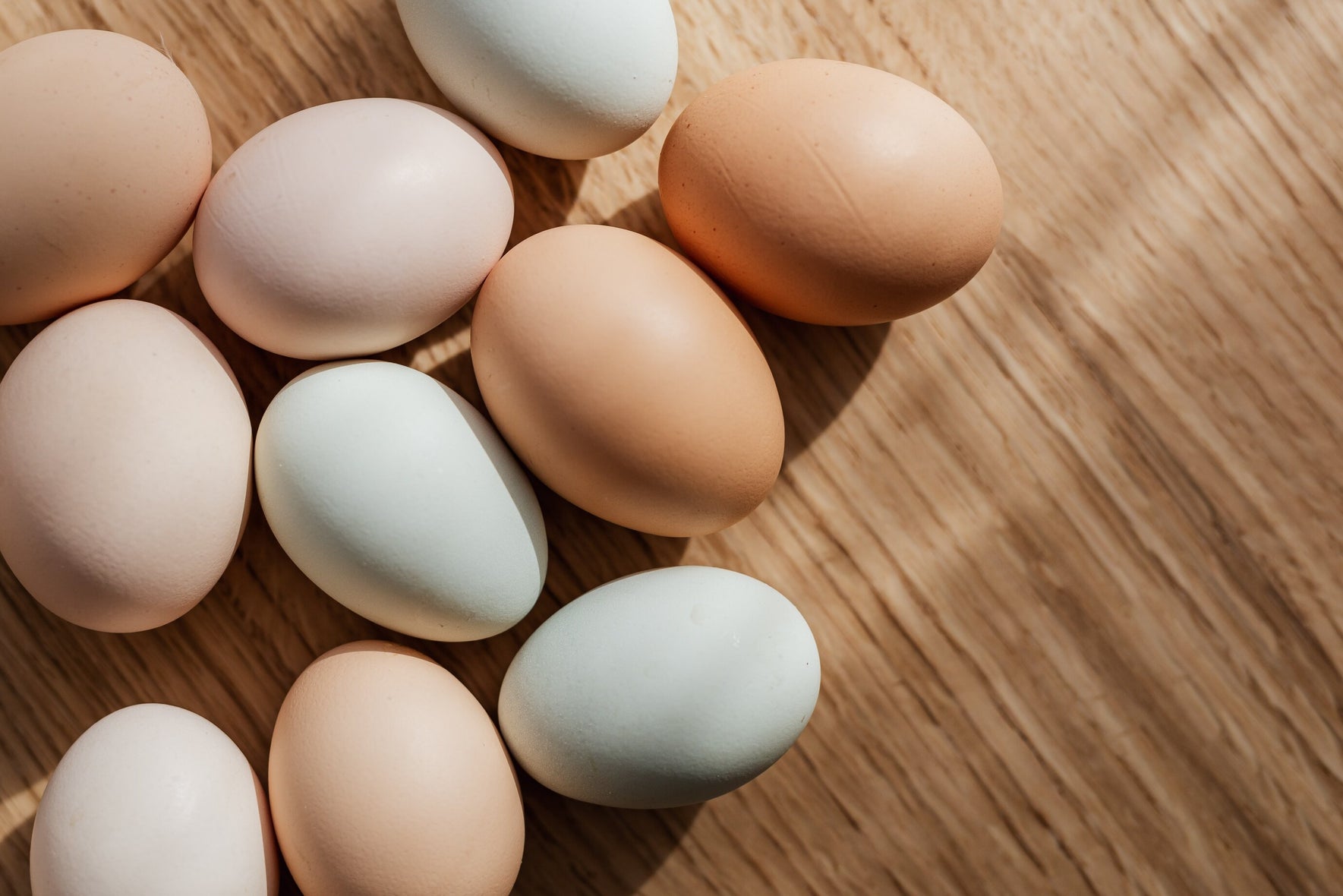
Why You Need a Variety of Proteins
Although you might be conscious that you need to get more protein in your diet (around 0.8g per kg of bodyweight per adult is the minimum recommended daily amount), did you know that the protein that you do consume should be as varied as possible?
According to a study by the Southern Medical University in China, it matters that you mix up your protein sources too. The study, conducted over a period of 18-years, found that those participants that varied their protein sources had a significantly lower risk of developing high blood pressure than those that just stuck to the same sources day in day out. As well as being a contributing factor to heat attacks and strokes, high blood pressure can damage the circulatory system and cognitive function.
As well as the health implications evidenced in the study, it makes sense to eat proteins from multiple sources including wholegrains and legumes, because of the quality fibre they provide, which is also known to help lower blood pressure too. Likewise, the omega-3 from sources such as oily fish. Consuming proteins from different sources will not only give you a greater combined results in reducing high blood pressure, but it’ll also ensure your body gets as many essential and non-essential amino acids as possible, especially the nine essential amino acids that your body doesn’t produce. Essentially, the more variety you eat, the more you increase your chances of staying in better overall health.
Best sources of protein you might not know about
Alongside more commonly known protein such as fish, eggs and meat, there are plenty of other foods you can eat that will contribute to a varied protein line-up. When it comes to plant-based sources, tofu and beans are great, but oats are not just a breakfast essential for your morning porridge, they’re also a great source of protein, providing 7g per 40g serving of your daily intake. Nuts, mushrooms, avocado and spinach are also good, lesser-known options. For the best possible impact, try and spread your protein intake across the day too. Eating e good helping of protein across breakfast, lunch and dinner will spread the benefits, especially when it comes to things like improving muscle mass.If you do find it tricky to get enough protein into your diet, Workshop’s Organic Pea Protein Formula is a great choice. Unlike other protein powders, the formula doesn’t contain any additional additives such as sugars which could be detrimental. Instead, it’s just a pure source of fermented pea protein and a touch of stevia to taste. For a quick and easy serving of protein, one serving added to your daily breakfast smoothie will provide 30g of your daily recommended intake.
